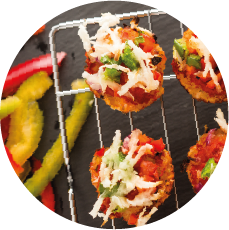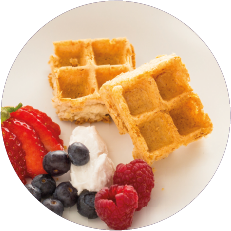This section is based on the information included in our ‘Information for Caregivers’
leaflet and a printable version is available by clicking here.
The leaflet should be given to anyone who is looking after your child. It provides basic information about PKU and is designed to supplement the information provided by you and your dietitian about your child’s diet.
PKU stands for Phenylketonuria. PKU is an inherited condition – a disorder of protein metabolism.
PKU is managed by a low protein diet, supplemented with protein substitutes to meet their nutritional needs. A child with PKU will be seen by a dietitian on a regular basis to help manage their condition.
Individuals with PKU must avoid high protein foods. These include:
Accidents can and will happen and there will be no immediate reaction if a child eats a food not permitted in their diet. This is different to the instant reaction that a child with a nut allergy may have. There is no need to seek medical attention.
However, it is very important to make sure that mistakes do not happen often and it is always important to let a child’s parents know if they have eaten something in error, as they will need to let their dietitian know.
Individuals with PKU still need protein to support their growth and development. A protein substitute provides “safe” protein, without the phe. It is often taken 3 times per day and should be treated as though it is medicine.
No. Protein substitutes must not be mixed into foods or drinks. This is because if the child does not finish their meal or drink it is impossible to know how much of the protein substitute they did not manage.
The protein substitute needs to be treated like a medicine and taken in the full amount each day. There may be times a child does not want to take their protein substitute or feel unwell, but missing a day is not an option as this may become a habit and break their routine. Make sure you inform the parents immediately if their child is refusing to take their protein substitute.




